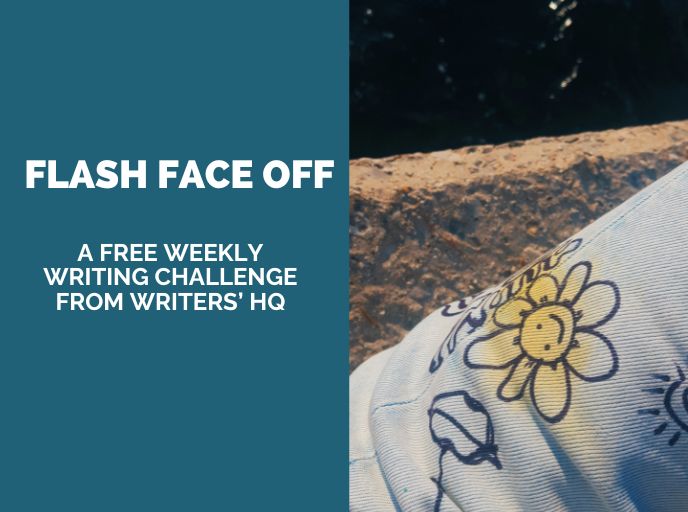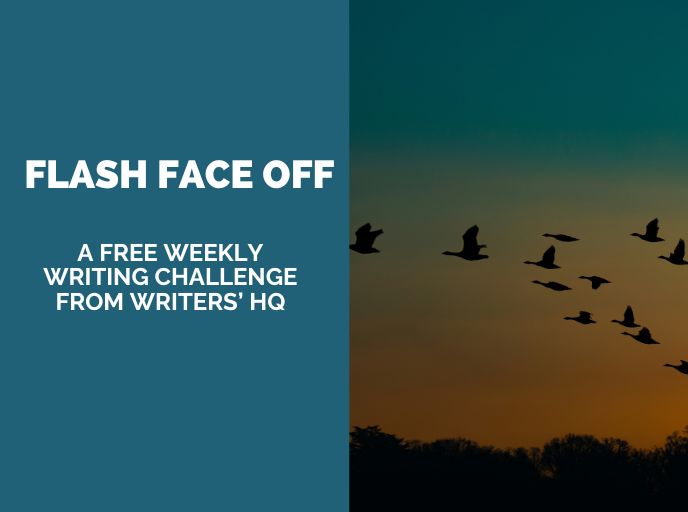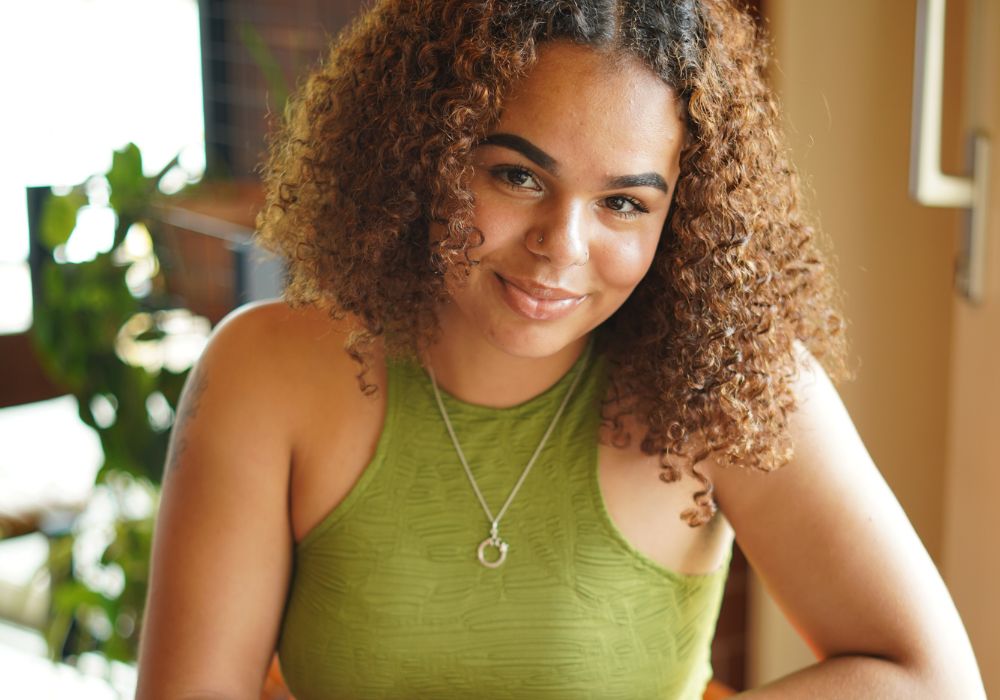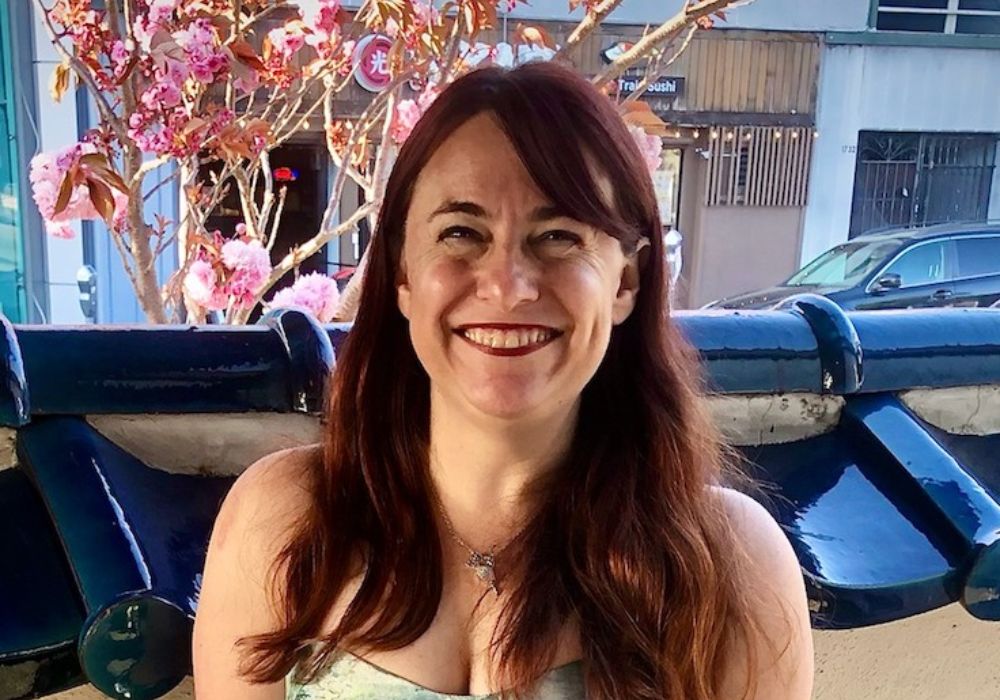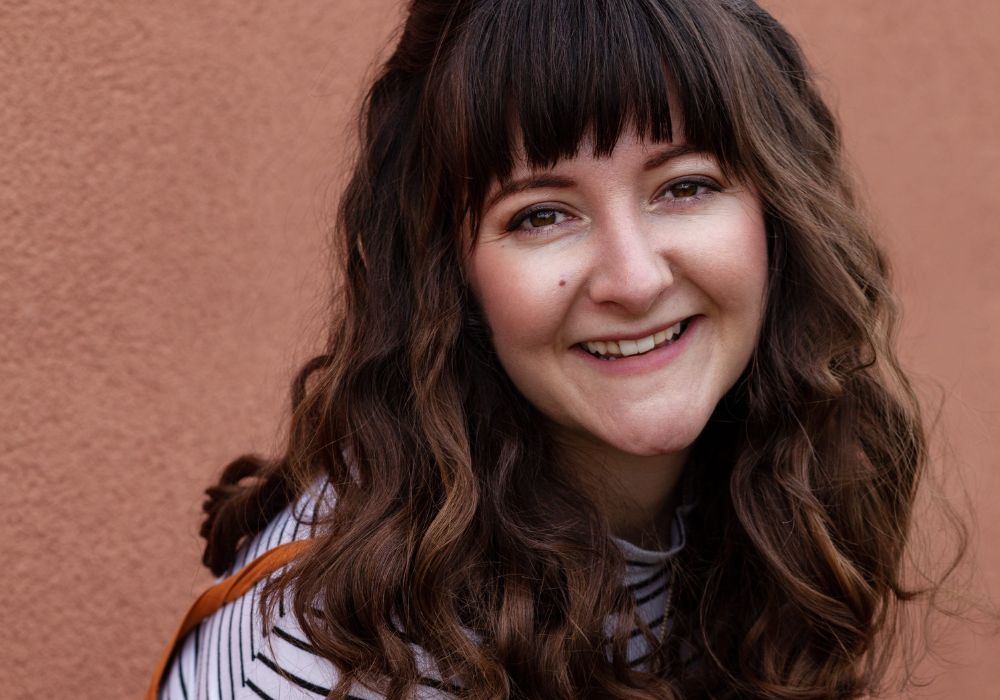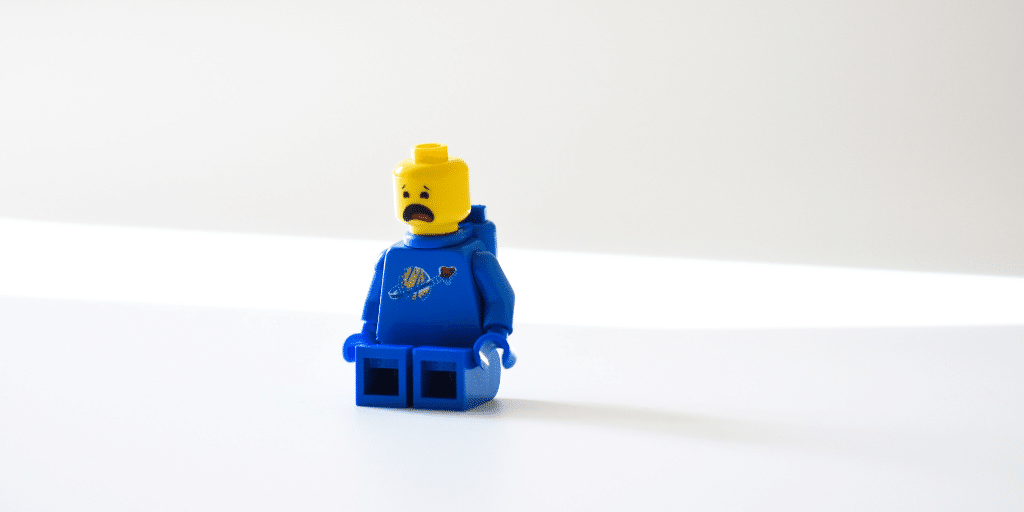
What? I’m not scared of writing. Not me. Not even a little bit.
Well. I mean… Maybe I get a little bit nervous when I think about other people reading my work.
And I’m not a massive fan of criticism. Yeah, definitely kinda afraid of criticism, no matter how constructive it is.
And sometimes the prospect of taking on an entire novel of 80,000+ words feels pretty daunting.
And the teeny probability of being able to write something that will stand out in a sea of a bazillion other books out there.
And the thought that maybe my writing will never be good enough to even BE published.
And the responsibility of trying to give meaning to my work, or somehow representing something worthy and literary rather than, y’know, just writing my little story with its little themes…
OKAY, FINE, SO I’M TERRIFIED. WHAT OF IT?
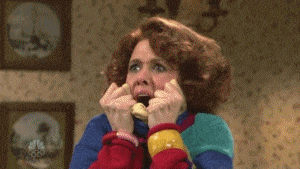
Feel the fear and write anyway
Fear, in all its forms, seems to be a pretty integral element to any creative endeavour. It might only be present at the very beginning, when the blank page looms, or right at the end, when the final stage of your journey seems insurmountable. It might loiter at the edges, barely perceptible, as a subtle layer of general anxiety about whether what you’re doing is worth it. Or it might be a perpetual companion – that old familiar booming voice of the inner critic, constantly telling you to give up and filling you with self-doubt.
Fear is a part of the process. If we weren’t scared of getting things ‘wrong’, we wouldn’t strive to make them better. If we weren’t scared of failure, we’d be too arrogant to listen to criticism. But equally, letting the terror take over can stymie your creativity and leave you too afraid to even try. It’s all about balance. Ahh, such is life.
Worrying about writing is possibly the most unproductive thing you can do, and is almost guaranteed to end in the mythical (and generally fear-related) writer’s block. That’s not to say there aren’t valid things to worry about when it comes to writing, but instead of focusing all your energy on a million tiny irrational anxieties, if you’re gonna be scared, make sure you’re scared of the right things.
So what are you actually afraid of? And is your writing-related fear worth worrying about? Or can it make you a stronger writer?
Meep. I’m afraid of the opinions and criticism of other people
“What other people think of what I write is more important than what I think of what I write.”
Lit agent William Kennower cites this as the ‘writer’s worst fear’ (and the most common), and traces it back to the dichotomy between the solitary nature of writing and the writer’s need for validation – either in the form of feedback, or the approval of publishing gatekeepers.
Showing other people your work is a genuinely terrifying thing, and we don’t know a single writer who waits for critique without a tiny shred of fear. But do other people’s opinions really matter so much?
Weeeeell, yes and no.
YES: We need the feedback of other writers, beta readers and editors in order to develop our writing and learn how to handle the many different (and often wildly varying) interpretations and reactions of our ‘audience’.
NO: We shouldn’t pin everything on the response of others, because we can’t please all the people all the time, and ultimately our stories are ours – not shapeshifting crowd-pleasers that try to fit in every shred of criticism we’ve ever received. That way lies madness.
YES: If we want to go through traditional publishing channels, at some point we will need the positive opinion of a literary agent, or an editor, or a publisher, and all the other people involved in making a manuscript into a book.
NO: During the writing process, worrying about what other people might think about your writing is essentially pointless, because each draft will change drastically, and your writing will develop and improve along the way. Focusing too much on the potential response to your writing draws you away from the actual writing, which is far more important right now. Plot the thing. Write the thing. Edit the thing. Get feedback on the thing. Make the thing as good as it can be.
YES: We need to care about the opinions of the people who read our writing to make sure we’re representing our stories and characters in a responsible and accurate way. Giving zero shits about potentially offending vast swathes of people on sensitive issues is really not the way to approach your writing career. Or generally how to be a decent human being.
NO: If you’re writing because you love writing, and you’re passionate about your story then, quite honestly, the only person you need to please is YOU. Writing as a form of ‘self-acceptance’ can be a pretty powerful thing, as Jane Friedman explains:
“Even if no one likes what I have written, I can’t stop being interested in it. I may be embarrassed, hurt, disappointed, suicidal even, but my curiosity does not actually turn off or change shape because someone else isn’t as interested in what I have written as I am. That curiosity cannot simply vanish; it may get stuffed down, ignored, or disguised as a different story, but it will remain in place until I shine the light of my attention on it again. It is as if beneath all the fretting, jubilation, and despair that often accompany sharing my work with others, my curiosity, my imagination, and I don’t actually care what anyone else thinks. No matter how bad I feel if someone doesn’t like what I’ve written, I cannot correct my curiosity to please other people, even if I wanted to. I’m stuck with it.”
A Writer’s Worst Fear
Arg. I’m afraid of not being good enough
Look, this one’ll crush you if you let it. There’s almost no point at which this kind of fear is useful. Doubting your abilities and worrying about the future are utterly useless worries that will only end up sending you round in circles instead of allowing you to move forward.
What does ‘good enough’ even mean? Everyone starts off at the bottom. No one writes perfect, unedited prose first time. We all fuck up. That’s how you learn.
As Yoda said: ‘The greatest teacher… failure is.” Don’t be afraid to get it ‘wrong’ or write a shitty first draft – that’s what first drafts are meant to be, after all. Writing is RE-writing. If you give up because it’s not immediately ‘right’ then you’ll never get any better. Put aside the fear and DO THE WORK.
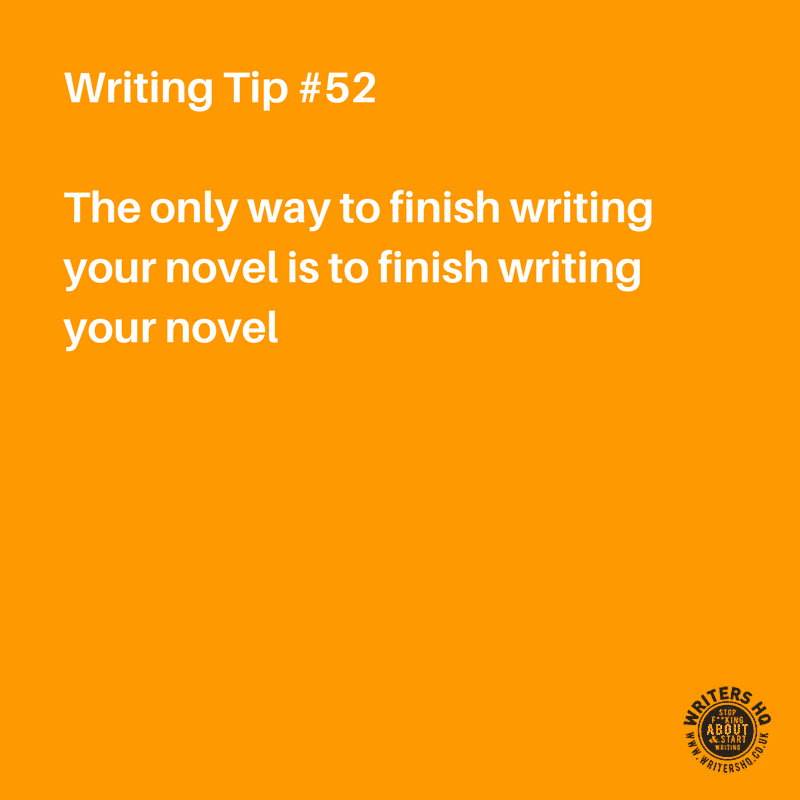
Imposter syndrome is a sonuvabitch and every single writer in the world doubts their abilities at some point – even the absolute greats. Maya Angelou, Nobel frickin’ Laureate, once said: “I have written eleven books, but each time I think ‘uh oh, they’re going to find out now. I’ve run a game on everybody, and they’re going to find me out.” But did she give up? No she bloody well did not.
To get all mindful on you for a second, you’ve gotta stay in the ‘now’. Look back at your old writing and see how much you’ve improved. Pick out your very favourite bits and find pride in every little achievement. Focus on beating your own personal best rather than comparing yourself to other people.
Gahhh I’m afraid that my writing isn’t ‘serious’ enough, or doesn’t deal with ‘worthwhile’ subjects and themes
We’ve talked before about the unfortunate snobbery that sometimes exists in the literary world, and we can all agree that it’s mostly bullshit. What’s important is that you believe in your writing, and seek out that fundamental human truth at the heart of your story.
No matter what genre or style you write in, there’s always something ‘worthwhile’ to be found. Write what you know and use your experiences and emotions to connect with your readers. If there’s even one tiny element of your writing that will make someone say “Ooh, I know how that feels,” or “Yes, yes, yes, that sounds just like me,” then you’ve succeeded as a writer.
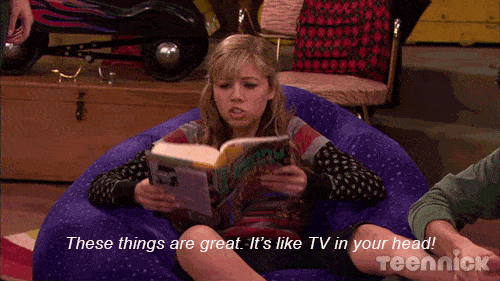
Look, we get it. Writing is scary. Writing is HARD. But fear of rejection, criticism, and failure ultimately get you nowhere. Somewhere along the way you’ll get the feedback you need, you’ll acknowledge your own abilities, and you’ll start to see improvement.
So stop worrying and just keep writing.


